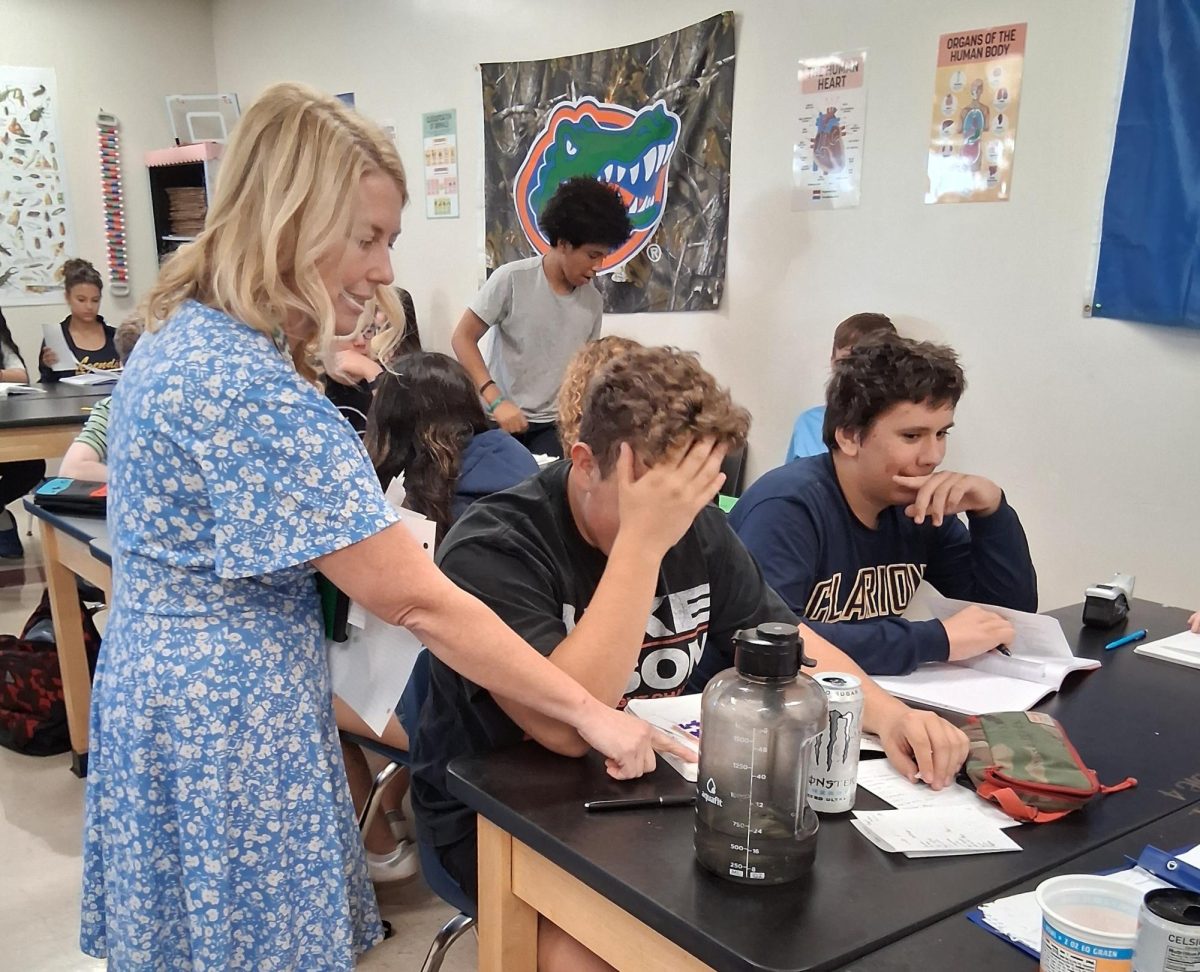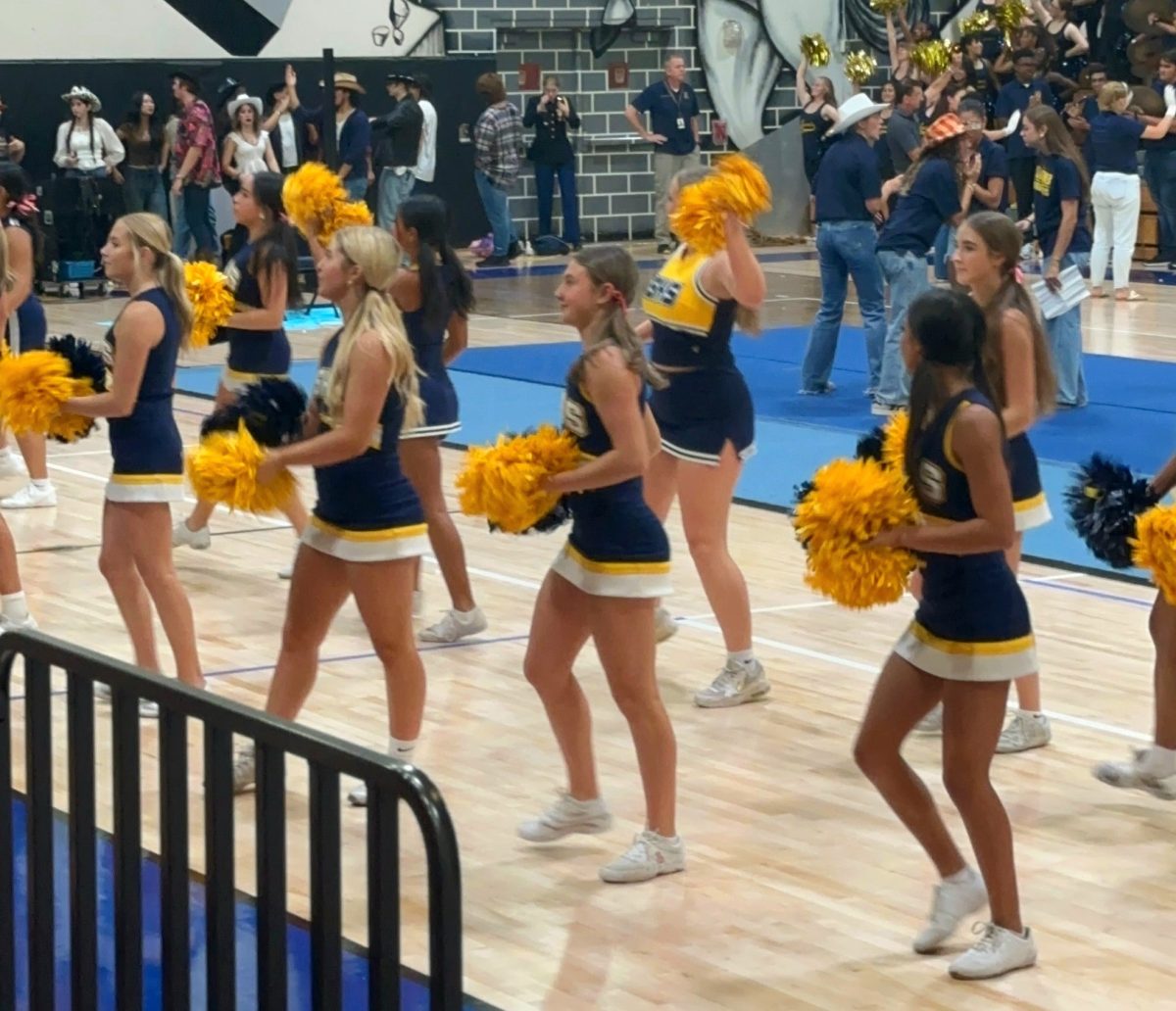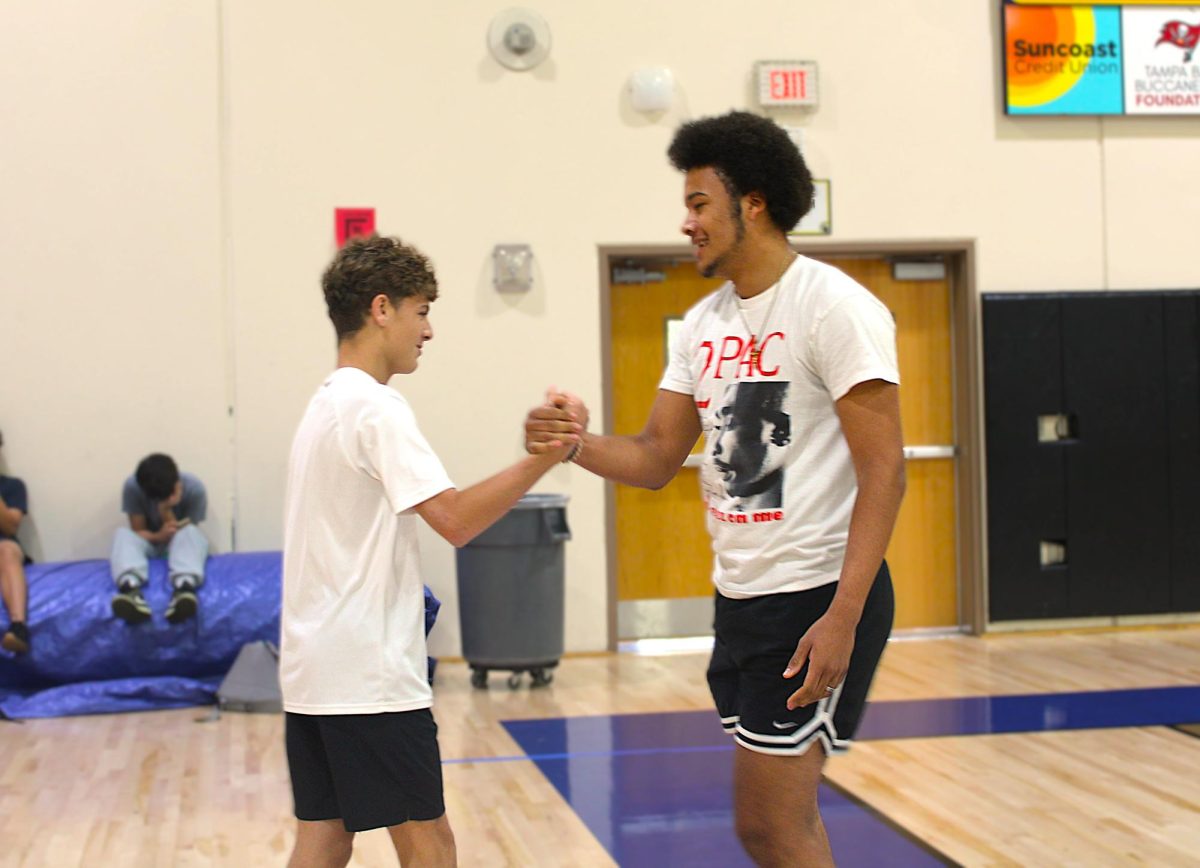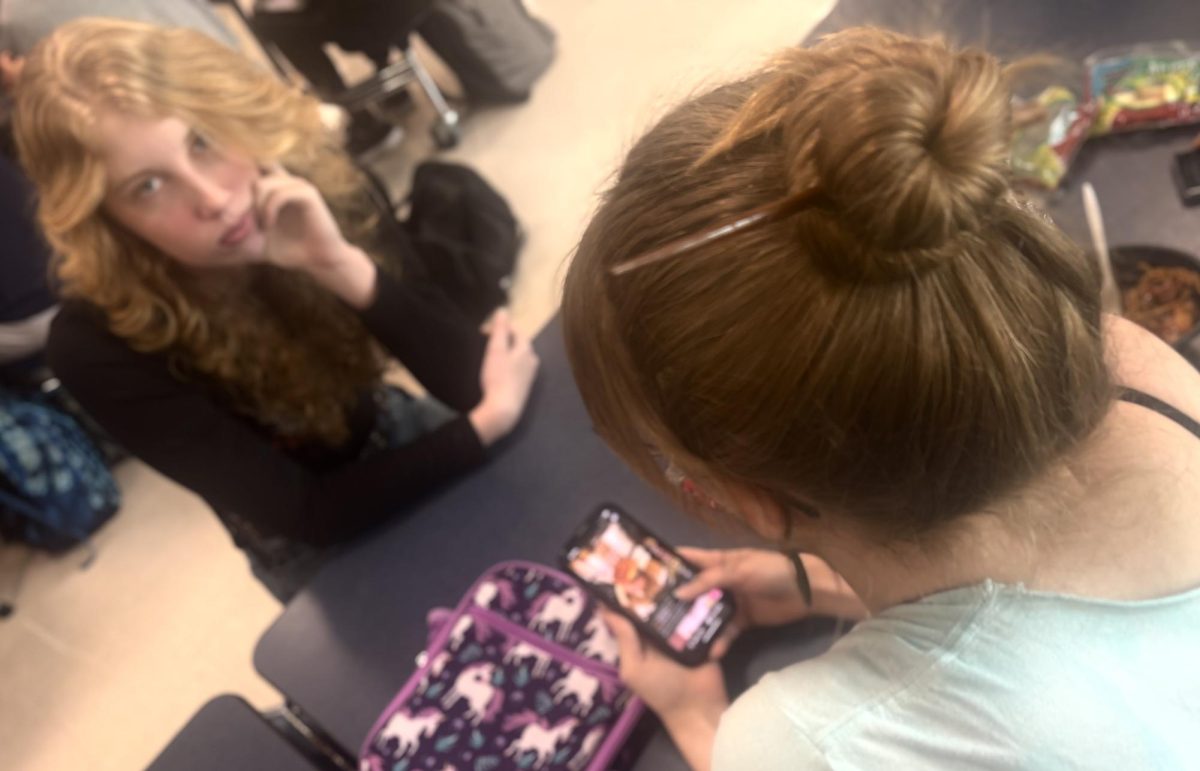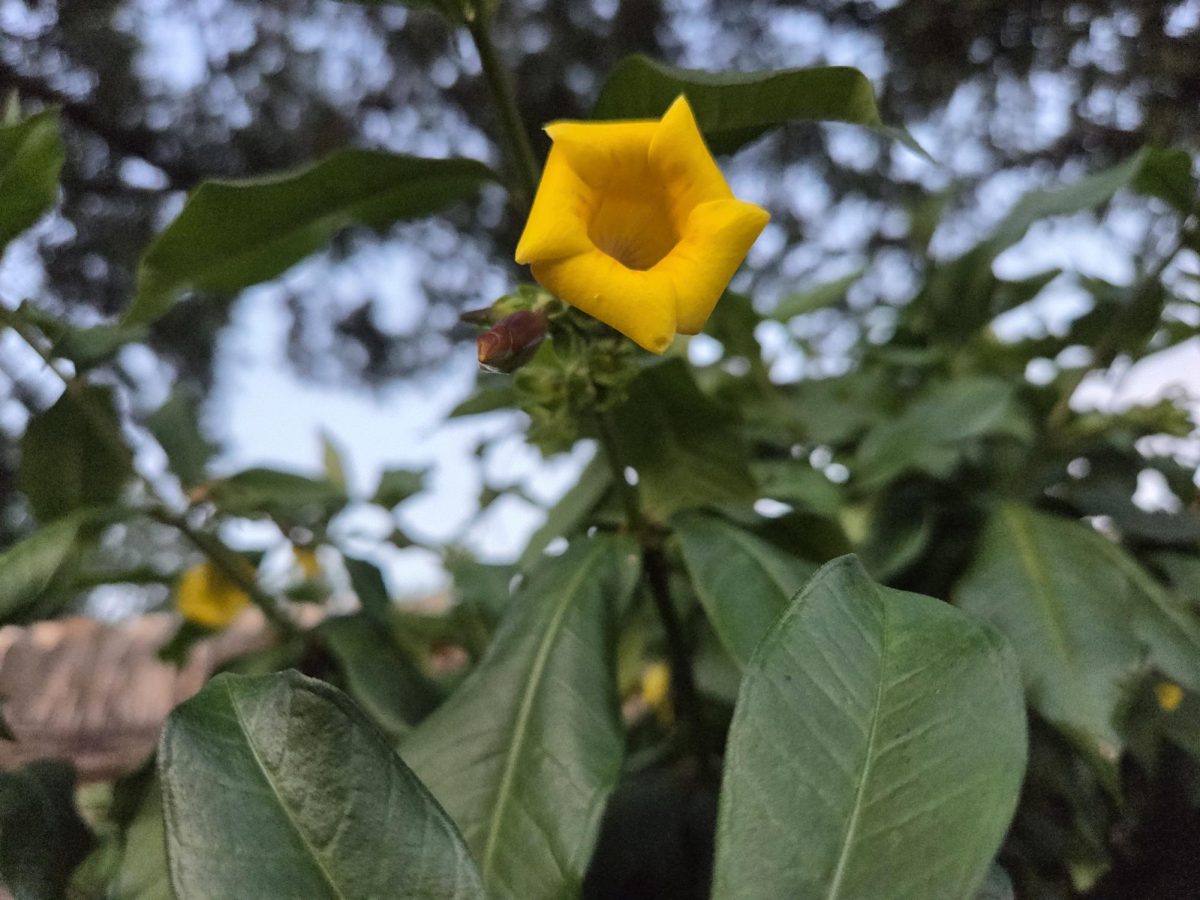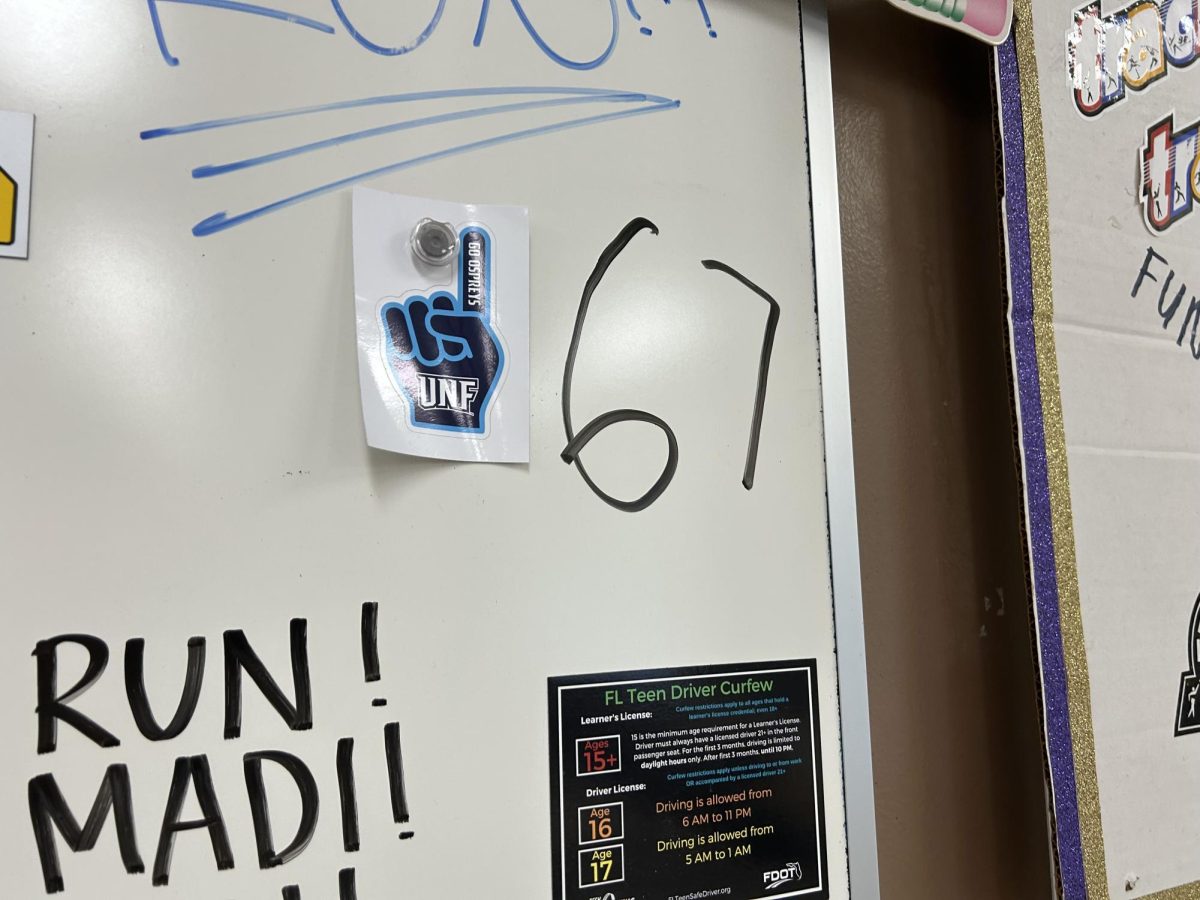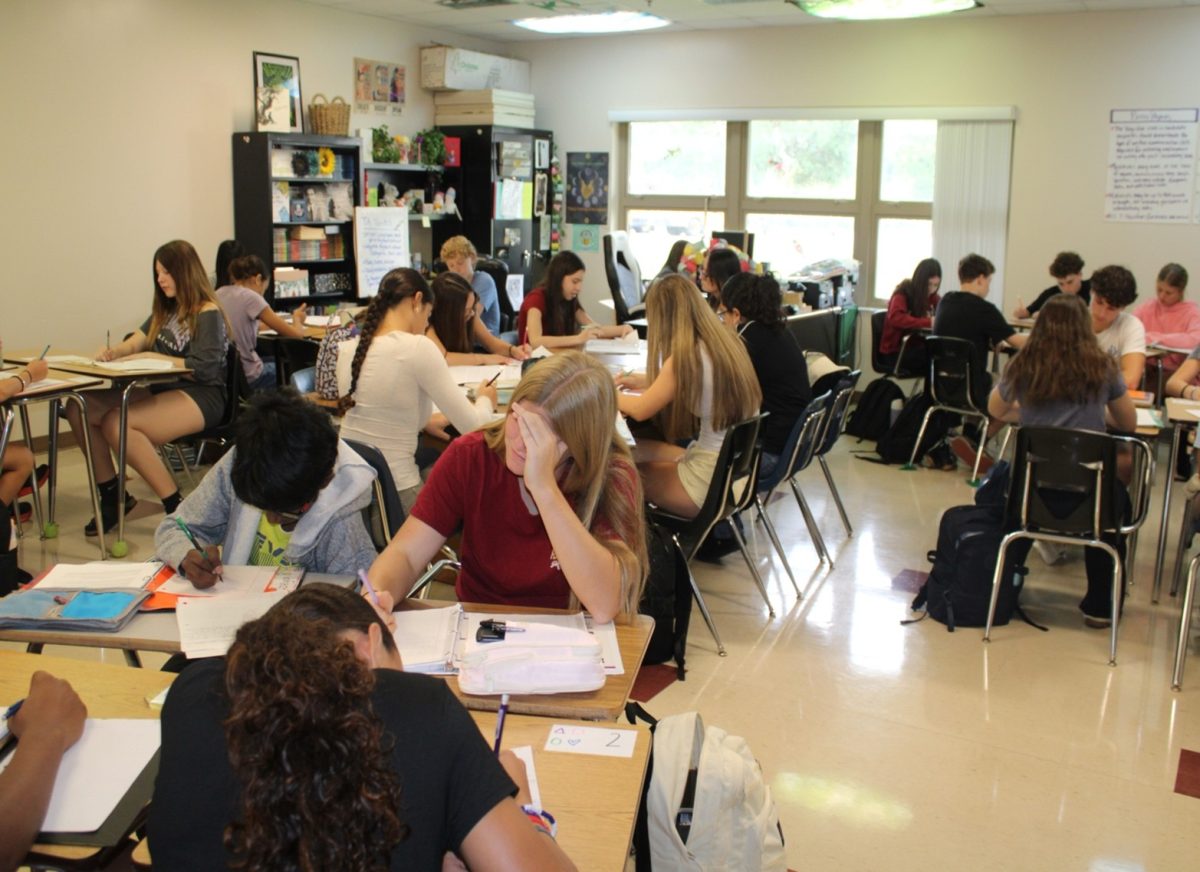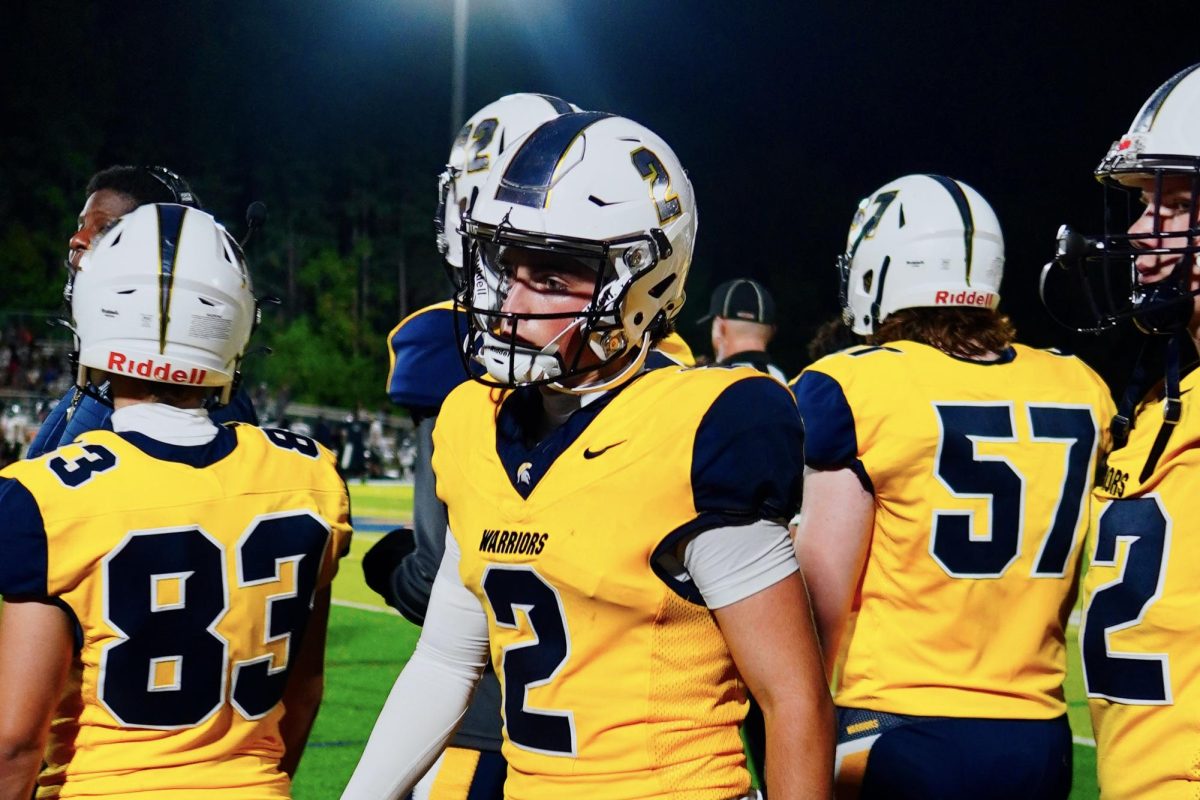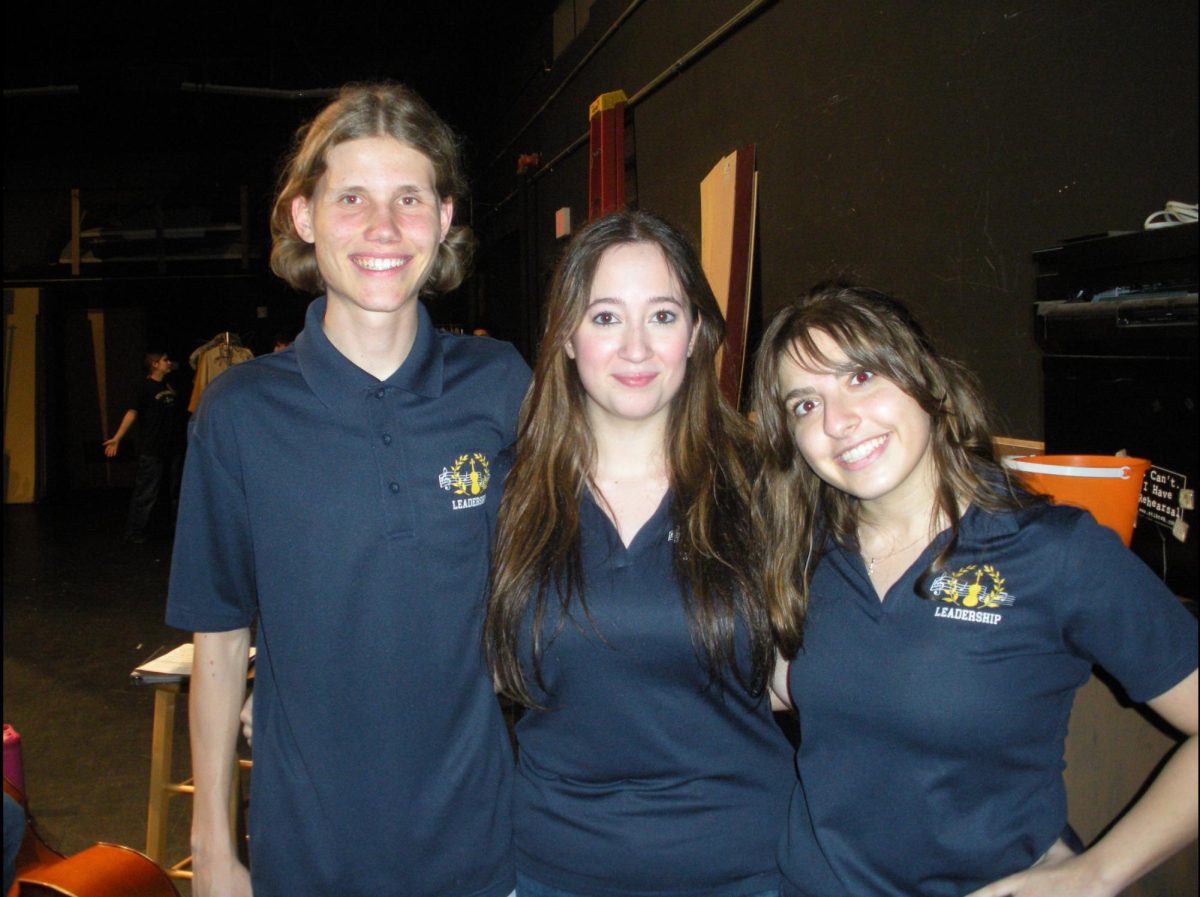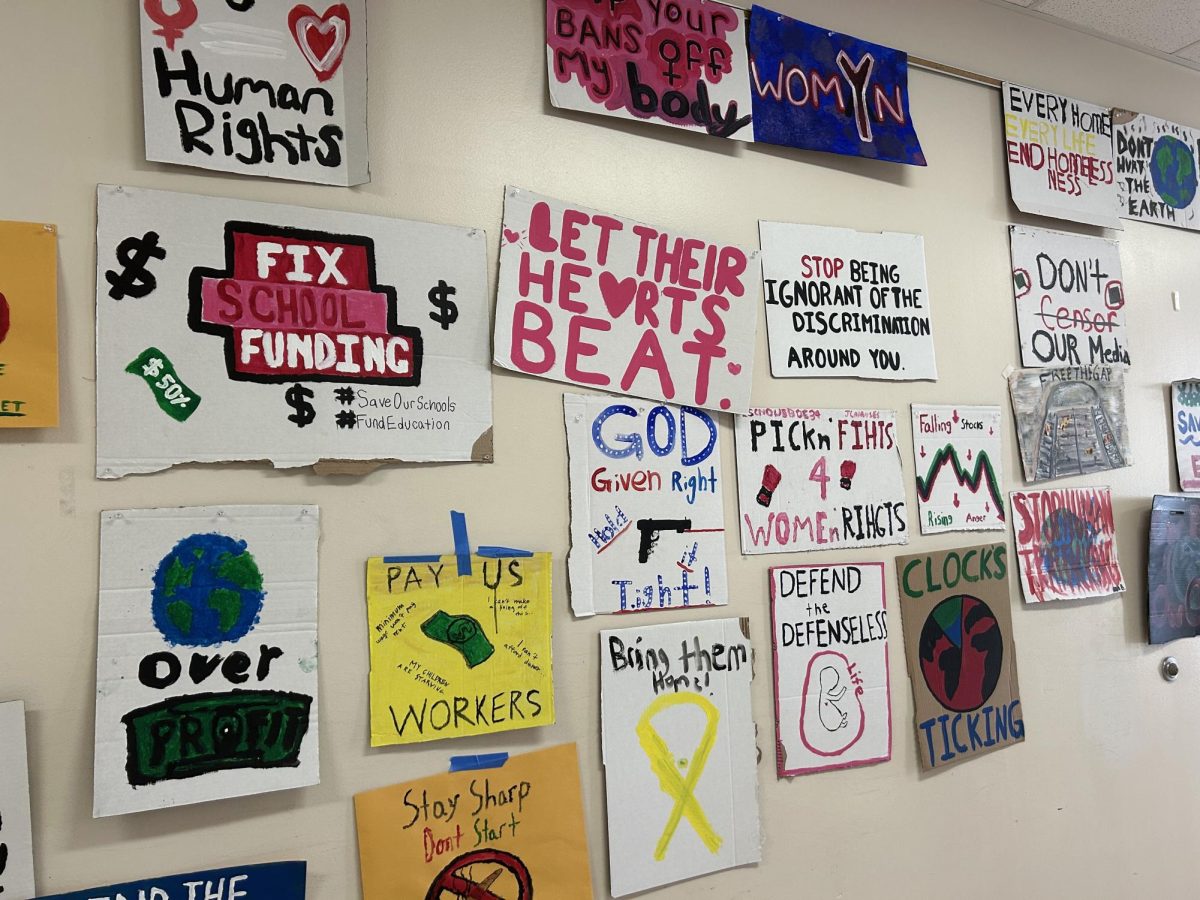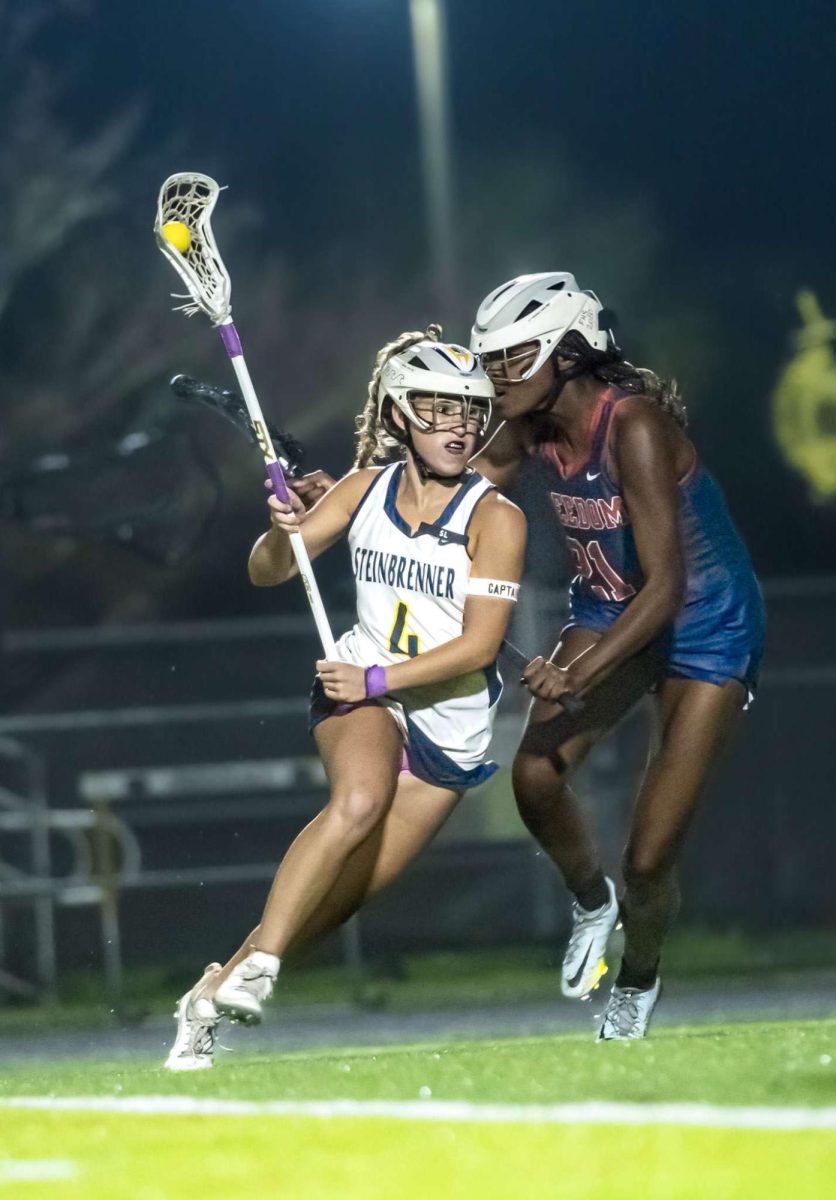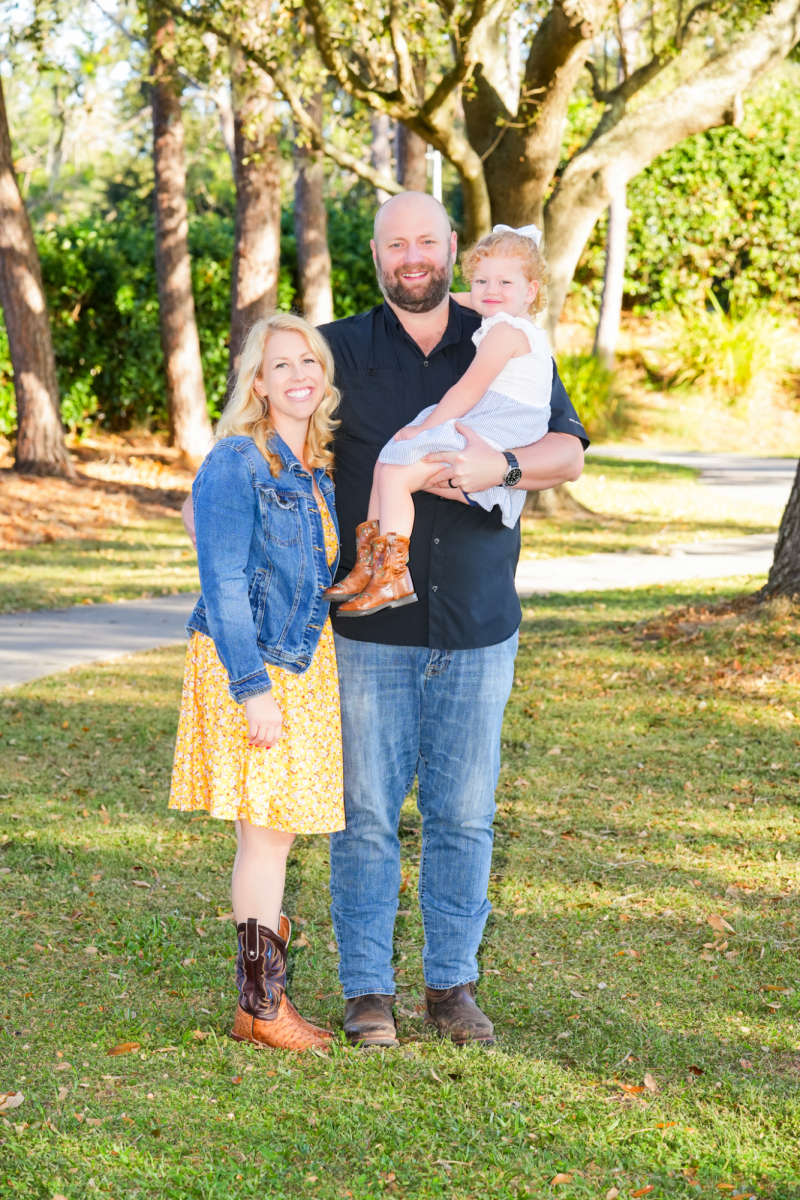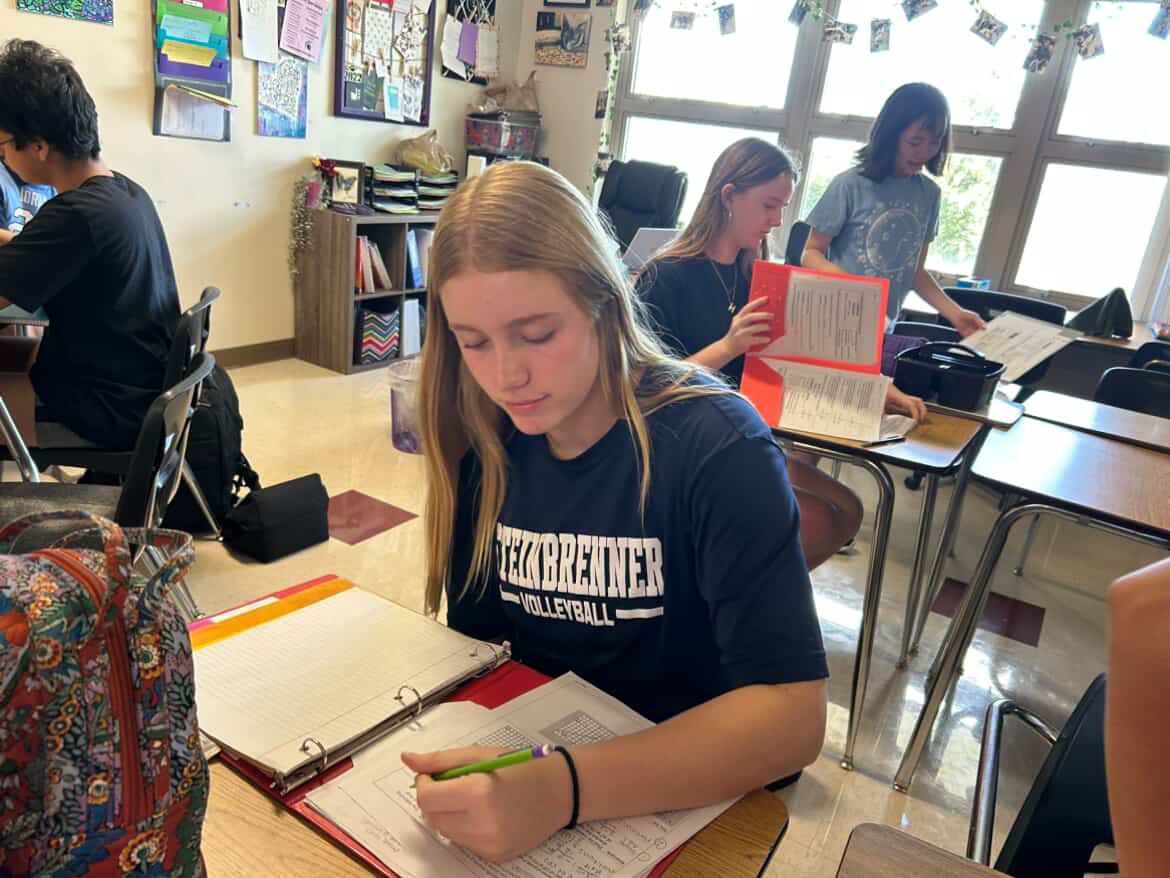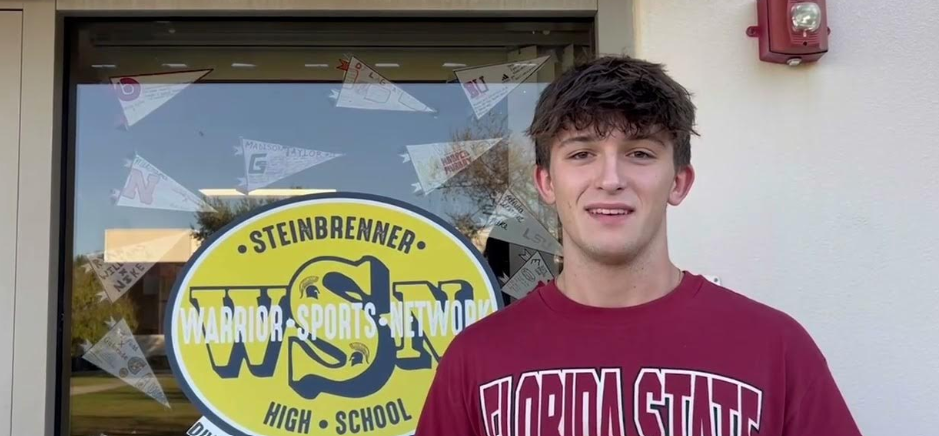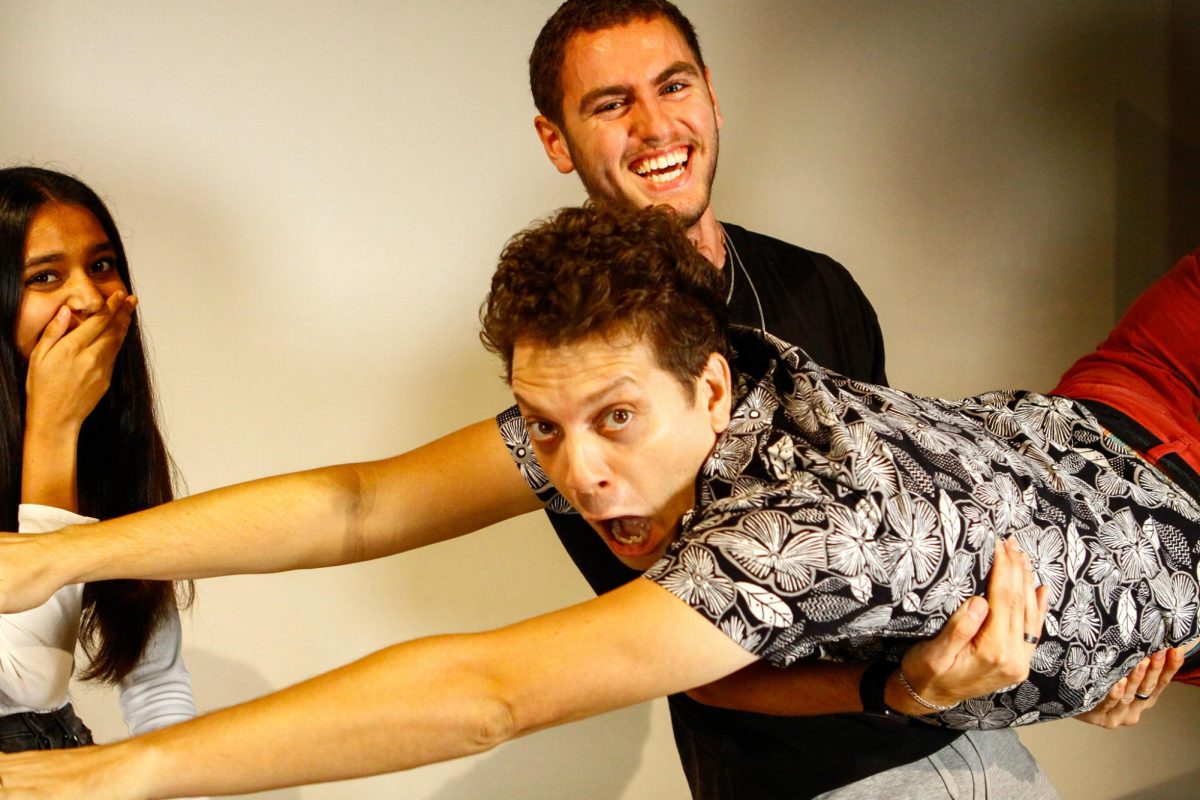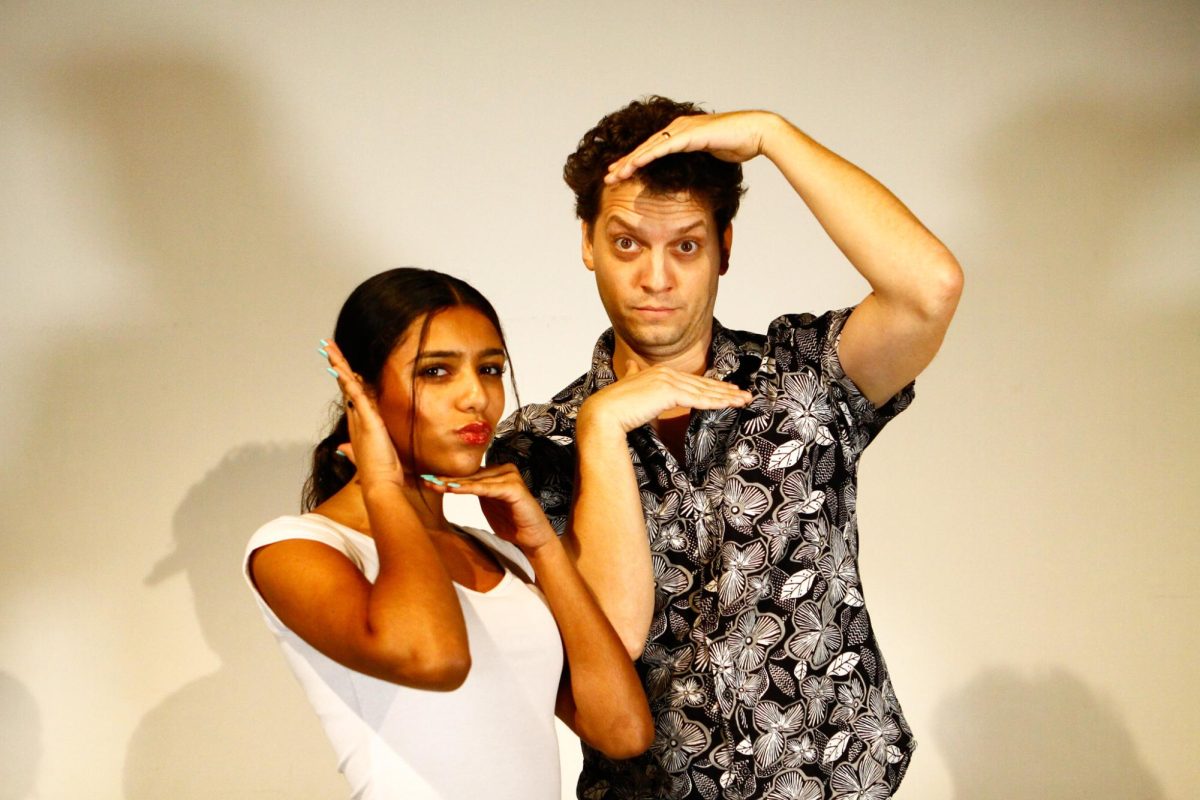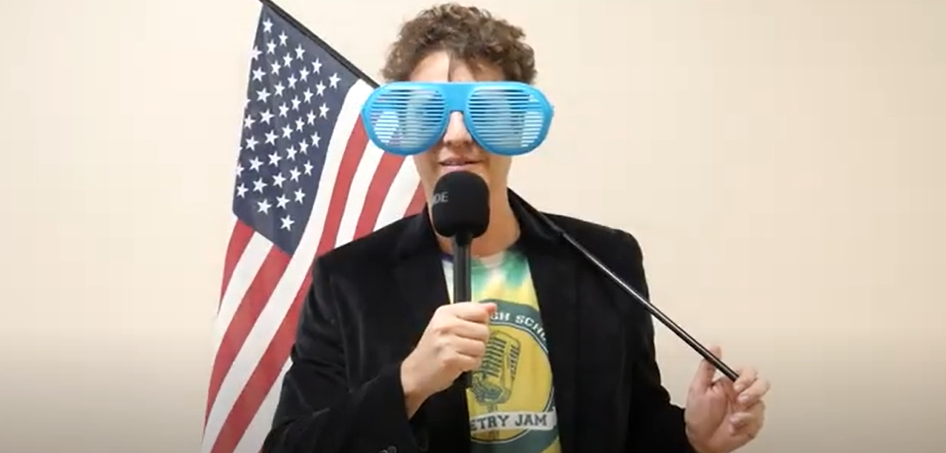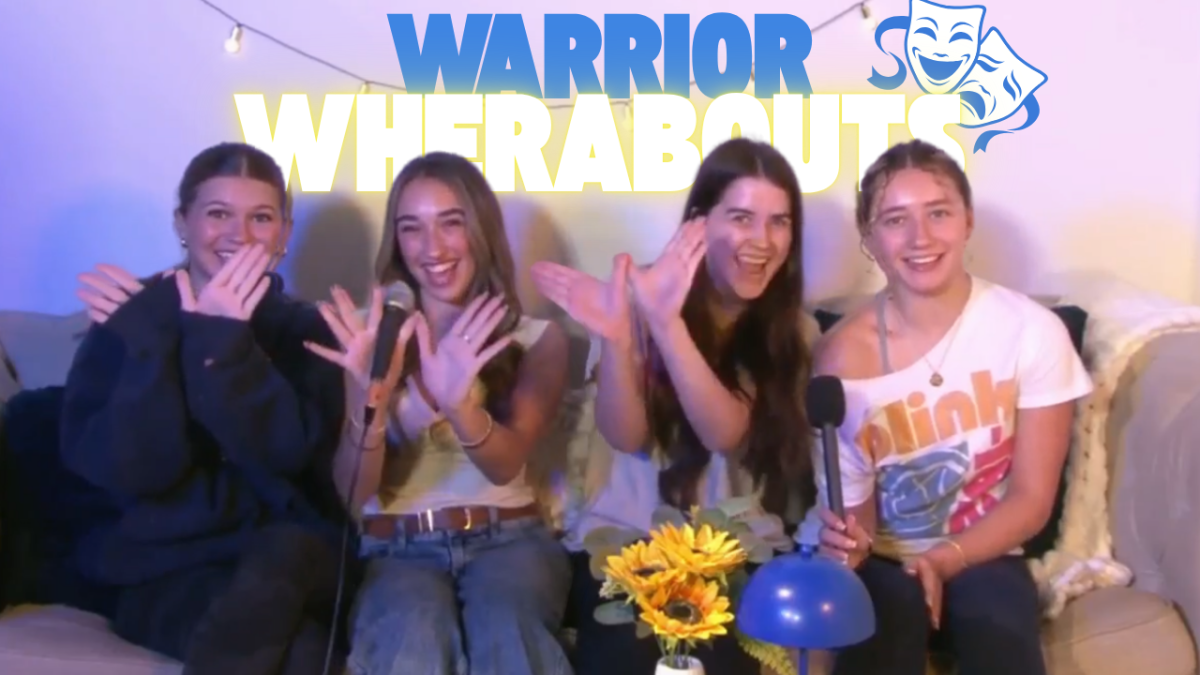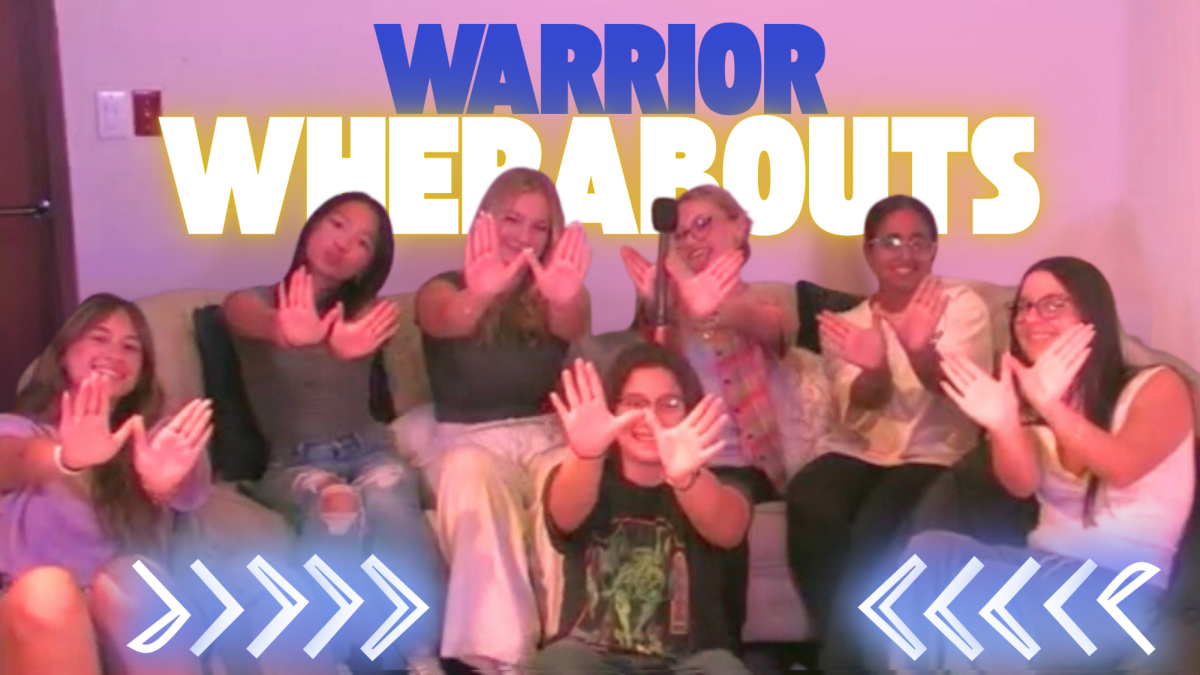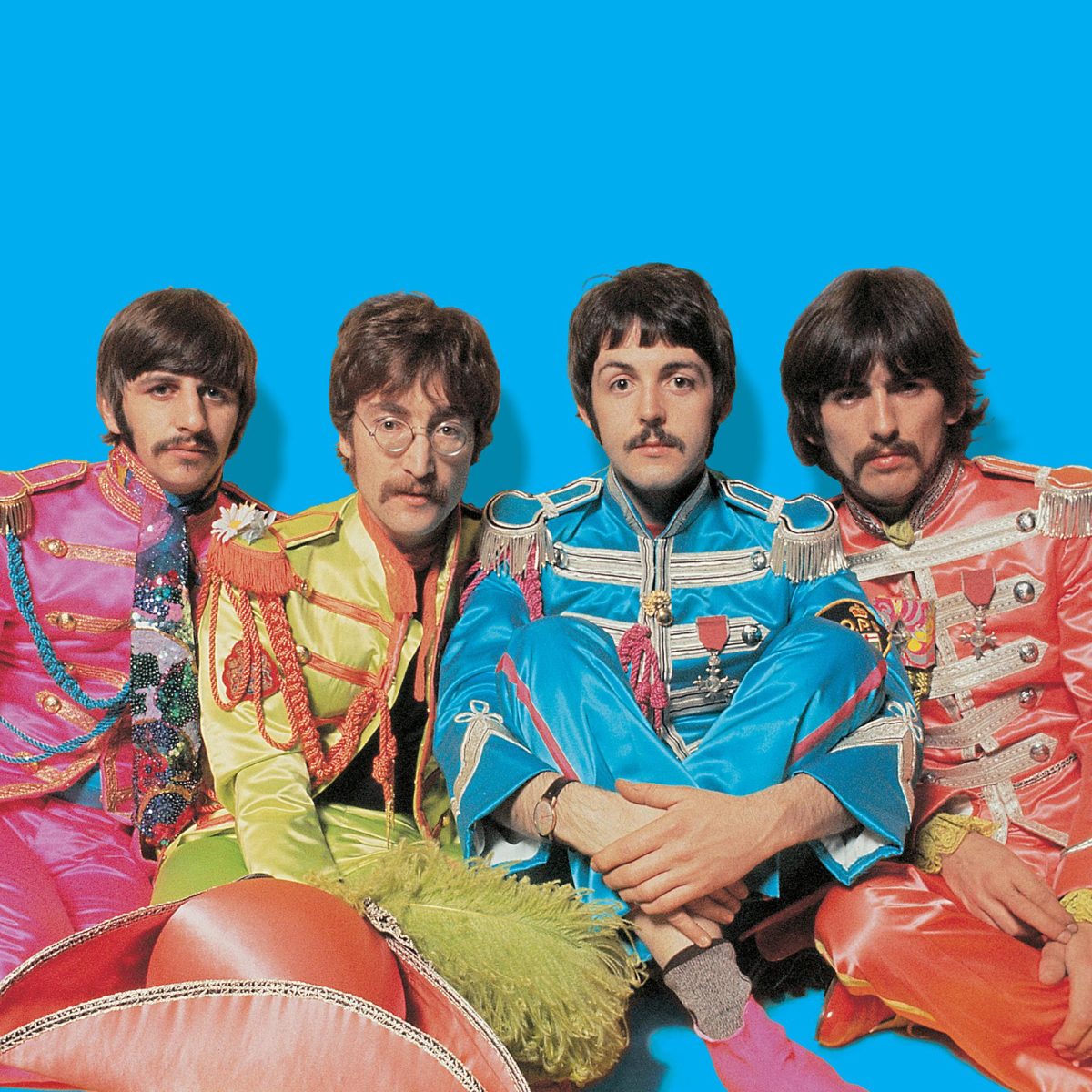The 2025 Grammy Awards delivered a night of unforgettable performances, surprising wins, and a blend of nostalgia with modern innovation. Music lovers of all ages tuned in to see an evening that honored both emerging talent and legendary artists who continue to shape the industry. While the spotlight was on stars like Billie Eilish, Charli XCX, Chappell Roan, and Lady Gaga, one of the most shocking moments of the night belonged to a band that first rose to fame more than sixty years ago, The Beatles.
When the category for Best Rock Performance was announced, no one expected what came next. As the envelope was opened and the winner was revealed to The Beatles for their song “Now and Then“, the audience erupted in a mix of shock and excitement. Many thought they had stopped making music, but the legendary band had just secured their first Grammy win in nearly three decades, leaving music lovers stunned.
Freshman Andrea Rivero was among those who were surprised. “I never thought I’d see The Beatles win a Grammy in 2025. Their music is still so important to people, it’s groovy,” Rivero said.
The journey of “Now and Then” was anything but ordinary. It was originally recorded as a demo by John Lennon in the late 1970s, and the song was revisited by the remaining Beatles Paul McCartney, George Harrison, and Ringo Starr during the 1990s. However, technical challenges at the time prevented them from finishing it, and it remained unfinished for decades. With recent advancements in AI technology, they were able to use it to complete the track enhancing and isolating Lennon’s vocals.
Sophomore Gianna Harris appreciated the effort behind bringing the song back to life. “It’s pretty cool they found a way to complete something from the past. It gives fans a chance to hear something they never thought they would,” said Harris.
The use of AI in “Now and Then” sparked debate across the music industry. While some celebrated how technology allowed Lennon’s voice to shine again, others questioned whether it was right to use AI to complete an artist’s work after death.
“I think it’s exciting to have a new Beatles song,” sophomore Charlotte Watts said, “but I wonder if AI takes away from the authenticity of their music. Can it really be considered the same?”
Technology’s impact on music has always been a topic of discussion—creating new possibilities while raising concerns about preserving artistic integrity. While McCartney and Starr embraced AI as a tool to honor Lennon’s work and share it with the world, critics worried that relying on AI could lead to a future where technology replaces the human creativity that makes music special.
Sophomore Lauren Rordam had mixed feelings about the trend. “The Beatles are awesome. I actually saw The Fab Four, the tribute band, last year with my friend Claudia, and it was amazing. But I don’t know how I feel about AI finishing a Beatles song. It makes you think about how different it is from their original work,” Rordam shares.
AI’s role in music production isn’t new, but The Beatles’ use of the technology brought it to the forefront. Artists and producers have been experimenting with AI-generated music for years, raising questions about whether technology can truly capture human emotion or if it merely replicates it in a way that feels artificial.
“The Beatles are legendary,” Rivero added, “but I really hope AI doesn’t replace real musicians. It should be used to help, not take over.”
Others believe AI-assisted music production will become the norm rather than the exception. With AI’s ability to restore old recordings, enhance sound quality, and even generate new compositions, its influence is growing rapidly. Some industry experts argue that AI can be a powerful tool for preserving music history, allowing future generations to experience the artistry of musicians from past decades.
Watts weighed in on the debate. “I think AI is great when it’s used to clean up old recordings or make something possible that couldn’t be done before. But when it starts creating entire songs on its own, that’s where I think we have to draw the line.”
This raises broader questions about how AI will shape the future of the music industry. Will AI allow more artists to experiment and push creative boundaries? Will it diminish the authenticity of human-made music? Music historians note that every technological shift whether it was the introduction of synthesizers, digital recording, or auto-tune was met with skepticism before becoming widely accepted.
“I don’t think AI is necessarily bad for music,” sophomore Charlotte Watts commented, “it’s just another tool. The Beatles used a lot of new technology when they were making music back in the ’60s, so maybe this is just another evolution.”
Regardless of the controversy, The Beatles’ Grammy win was a historic moment. It highlighted the lasting power of their music and showed how technology can connect the past and present. Whether fans embraced the AI aspect or were skeptical, one thing was certain: The Beatles’ influence remains as strong as ever, sparking new conversations about the future of music.
Sophomore Claudia Ruiz-Carus sums it up saying, “AI made it possible for the song to be completed. I’m a huge Beatlemaniac, it’s crazy that technology can make something like this happen.”
As “Now and Then” played on the Grammy stage, fans across the world reflected on how music continues to evolve. The Beatles had once again made history, proving that even in a rapidly changing world, their legacy endures. Whether AI-assisted or not, their music continues to inspire, reminding us that innovation and nostalgia can sometimes go hand in hand.
Looking forward, there are questions that still remain: where does AI in music go from here? Will more classic artists have unfinished works completed by AI, or will public sentiment shift against it?
As music lovers continue to debate, one thing is clear: The Beatles’ latest Grammy win will be remembered as a defining moment in this ongoing conversation.

